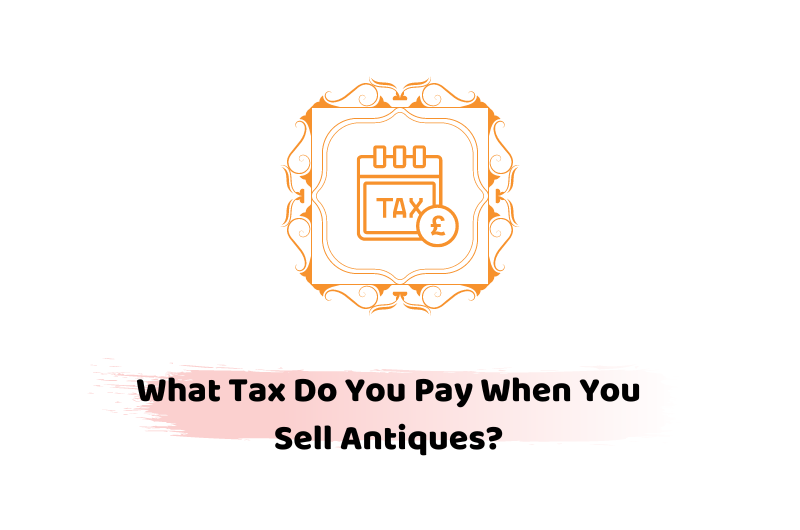If you wish to have a collection of antiques to make your residence a well-decorative place to live in and for the guests as well, you are not alone in this. We all wish the same. The reason you are on this page is that you own some antique pieces that you aim to sell you decide to sell the antiques online or through other platforms, you must be aware of the tax liabilities that will come with this new venture. This article will get into the details of the tax on selling antiques.
If you are wondering about what are antiques and how to define them exactly, what are chattels, or whether chattels and antiques are taxable if sold out, we have got you all covered with everything that you need to know about selling antiques and relevant tax liabilities. Before delving further into the discussion, let’s gather information about the basics first.
Reach out to our smart and clever-minded guys to get your tax on selling antiques queries answered quickly. We will help to let you decide about your annual accounts with a clear mind.
How to Define Antiques?
Anything classy that is used for decorative purposes and its a life is over 100 years is known to be an antique piece. These items are of high value and treated differently than the usual items of decorative. Normally the vintage collection has a life of between 20-100 years period. It refers to the period from the 1900s to the 1960s. This number of years is valuable because this will clarify the concept of the item’s belonging period of time.
Moreover, an antique is normally an item that belongs to ancient civilisations. The antique items are 100 years old or more. Vintage items belong to the period between the 1900s to 1960s. Retro belongs to the 1960s to 1990s. The more interesting point for you is to know that all of the mentioned eras focused on different types of items. We will take the example of vintage and retro clothing here that is still popular in comparison to antique clothing styles. On the other hand, the paintings and antique furniture are way more appreciated than the ones belonging to the vintage and retro periods.
What are Chattels?
Chattel is one of the old words that belong to the 13th century. It refers to old goods and the personal property of an individual. The only condition to be called chattel is that the certain object must be tangible which means you should be able to touch it as well as move it. Keeping this in mind we understand that there is no chance for a piece of land to be called chattel. However, a car can come under this category. Mostly you refer to such old things to be known as antiques and assets. This involves old jewellery pieces and paintings.
Tax on Selling Antiques – Chattels and Antiques are Taxable
There is no doubt that when you are selling an antique piece or a chattel item, this is a taxable process of selling. You will be under circumstances where you become liable for making the payment of capital gains on the amount of money that you get in the form of profits.
If the amount of price after selling the chattel or antique is between the limit of £6,000 and less than £15,000, you are liable to pay tax on the number of profits. However, in the case of the amount you get after selling being less than this mentioned limit, you will not have to pay anything. You will get relief from HMRC when you are selling chattels and antiques. Five third rule will help you to calculate your profits from selling. Otherwise, you can deduct the expenses to make an accurate calculation of the tax amount on the profit.
The Bottom Line
Now that you have gathered a fair amount of information about the tax on selling antiques, we can say that it may sound interesting to get the place you’re living in decorated with fine antique pieces and chattels, however, selling such items can come with tax implications. This is imperative to be aware of such liabilities before you decide to do any such thing. We hope these few minutes of reading have helped you to develop a better understanding and you will be able to calculate the accurate amount of tax and handle the tax affairs more professionally now.
Our team of professional members loves to hear out your business problems and find out the possible and suitable solutions quickly. Call us or email us today.
Disclaimer: The general information provided in this blog about tax on selling antiques includes its text and graphics. It does not intend to disregard any of the professional advice.





















































